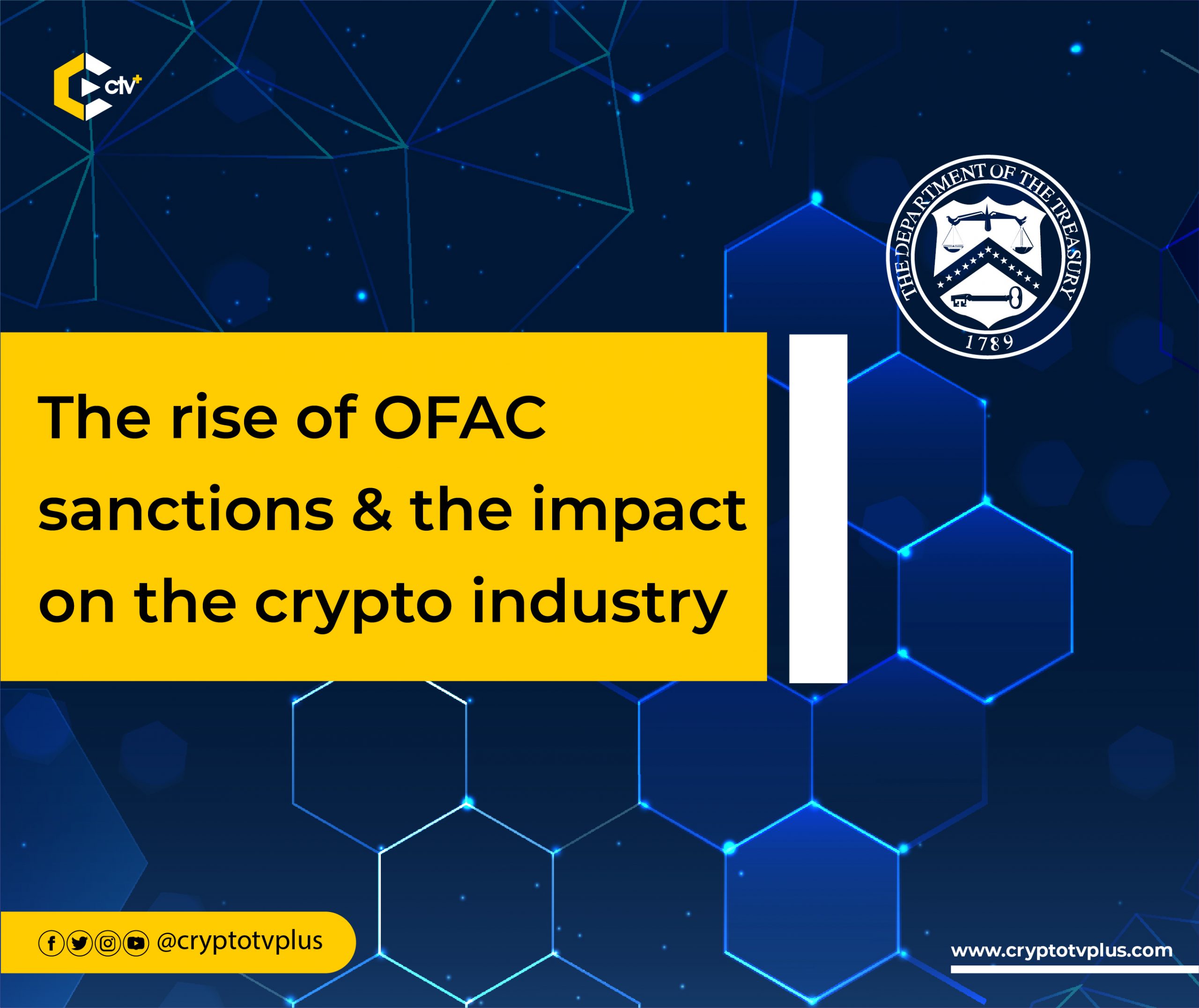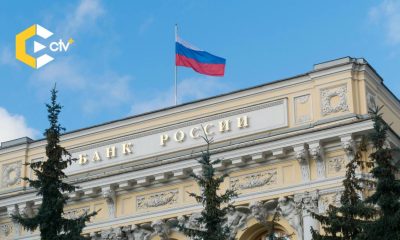FEATURED
The rise of OFAC sanctions & the impact on the crypto industry

Is it accurate to say that the crypto market is a space without rules and regulations? The negative connotation about crypto seen from different parts of the world and the media does seem to have a huge effect on how people think about the industry.
While it is true that a lot of investors lost their investments in 2022 and years prior, the operations of OFAC (Office of Foreign Assets Control) are increasing yearly. OFAC is an arm of the US Department of the Treasury that enforces sanctions on organizations, individuals, and nations based on US foreign policy and national security goals. OFAC initiated its first crypto-related sanctions in 2018 which were associated with two Iranians and the SamSam ransomware.
Then the following years saw OFAC involved in sanctioning more individuals with 2019 having four sanctions (such as Guanghua Zheng and Fujing Zheng) and 2020 only nine sanctions (including Jiadong Li and Yinyin Tian).
According to Chainalysis, while these sanctions were initially focused on individuals, OFAC began sanctioning organizations in 2021, and in 2022, an average of 35 addresses were investigated for each sanctioned entity.
Expansion of OFAC’s operations
According to the Crypto Crime 2023 report, by the end of 2022, OFAC was not only targeting larger organizations for sanctioning but also looking at diverse crypto-related service types too.
Some of the unique service types and entities hit by OFAC include Tornado Cash, a decentralized mixer; Hydra, a darknet market; and Guarantex, a Russia-based cryptocurrency exchange.
OFAC is also working in close collaboration with international sanctioning organizations to mitigate the effect of crypto crimes. According to Chainalysis, the case of the crimes committed using the Hydra platform was handled between OFAC and the German Police Force.
By April 2022, the server of Hydra was seized and shut down. Hydra was used in the sales of illicit drugs and money laundering activities.
Outcome of sanctioning driven by OFAC
With a closer look at Hydra, Guarantex, and Tornado Cash, Chainalysis revealed that each of these organizations responded differently to the OFAC sanctions and other supportive organizations. In the case of Hydra, the inflow of liquidity decreased to zero after the sanctions and designations by OFAC as the website was seized by the authorities.
For Garantex, the effect was the opposite. According to the report, “four months into the sanctioning period of Guarantex, it had a monthly inflow of $620.8 million which increased to $1.3 billion by October”. The reason cited by Chainalysis is that the Guarantex platform was not seized like Hydra and since Guarantex is a Russian platform, and users were not constrained to obey the OFAC rules.
Tornado Cash had a result that was somewhere between the outcomes for Hydra and Guarantex. While activities dropped drastically on Tornado Cash, users still had access to it and continued using it after it was sanctioned. Chainalysis noted that the decentralized nature of Tornado Cash made it hard to seize or control. It runs on smart contracts and without a single governing influence.
Finally, Chainalysis revealed that the result from sanctions issued on criminal platforms in crypto is controlled by two indices: “the jurisdiction and the underlying technology on which the platform is built on”.
Read also;
Overall mixer usage falls in 2022, but illicit usage hits all-time high – Chainalysis

























Pingback: How oracle manipulation attacks work; Avraham Eisenberg claims its legal | CryptoTvplus: DeFi, NFT, Bitcoin, Ethereum Altcoin, Cryptocurrency & Blockchain News, Interviews, Research, Shows
Pingback: Why romance scam thrives in bull & bear markets | CryptoTvplus: DeFi, NFT, Bitcoin, Ethereum Altcoin, Cryptocurrency & Blockchain News, Interviews, Research, Shows
Pingback: How oracle manipulation attacks work; Avraham Eisenberg claims its legal - Crypto News Wire